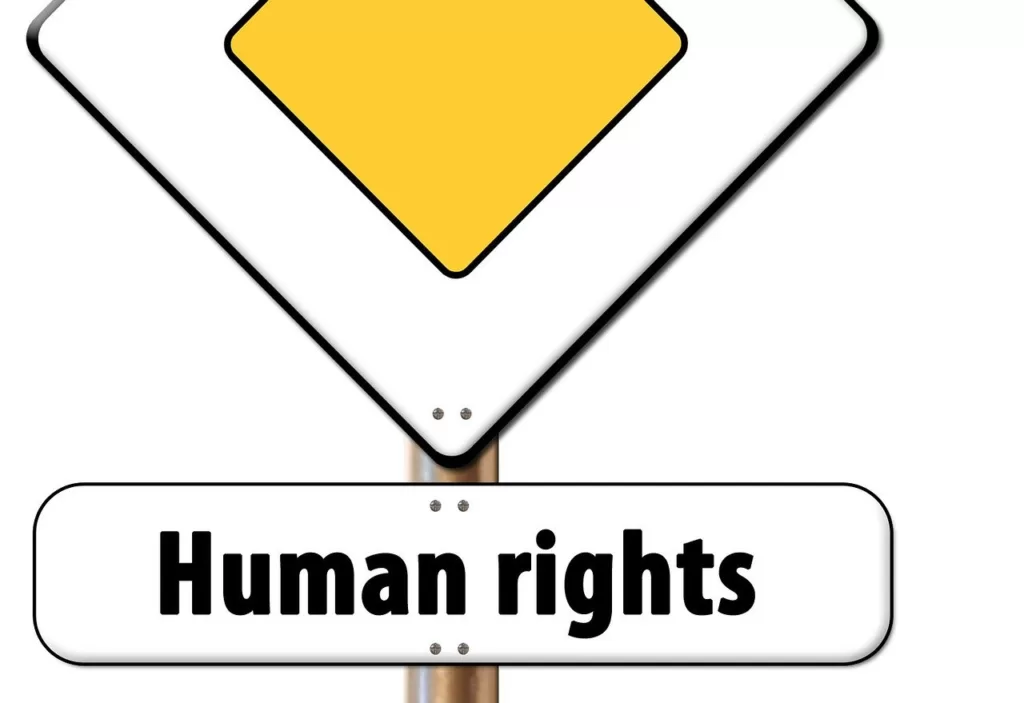I. Introduction to the Human Rights Act, 1993
The Human Rights Act, 1993 is a landmark legislation that plays a pivotal role in upholding and protecting human rights in a country. It is designed to ensure that individuals are treated with dignity, equality, and respect, and it provides a legal framework for the promotion and protection of human rights. This set of detailed notes will delve into the nature and scope of the Human Rights Act, 1993.
II. Nature of the Human Rights Act, 1993
Legal Framework: The Human Rights Act, 1993 is a statutory law that has been enacted by the government to give effect to human rights principles. It serves as a legal framework through which individuals can seek protection and remedies for human rights violations.
Rights-Based Legislation: It is rights-based legislation, meaning it focuses on the rights and freedoms of individuals, as opposed to mere duties or obligations of the state. It recognizes that individuals possess inherent rights that must be safeguarded.
Constitutional Backbone: In many countries, including India, the Human Rights Act, 1993 is closely aligned with the constitution and reflects its core principles. It interprets and amplifies constitutional rights, making them more accessible and enforceable.
International Perspective: The Act is influenced by international human rights standards and treaties. It incorporates principles from global human rights instruments, ensuring that the country’s legal framework aligns with international norms.
Inclusivity: It is inclusive in nature, as it covers a wide range of human rights, including civil, political, economic, social, and cultural rights. This inclusivity is reflected in the Act’s provisions.
Independent Institutions: The Act establishes independent institutions, such as human rights commissions, to oversee and ensure the implementation of its provisions. These bodies play a crucial role in monitoring and protecting human rights.
III. Scope of the Human Rights Act, 1993
Protection of Fundamental Rights: The Act covers a wide array of fundamental rights, including the right to life, liberty, equality, and freedom from discrimination. It seeks to protect these rights against infringement by both state and non-state actors.
Remedies and Redress: It provides mechanisms for individuals to seek redress when their human rights are violated. This includes the right to file complaints, seek investigations, and access remedies through courts or commissions.
Duties of the State: The Act places duties and obligations on the state to ensure the protection and promotion of human rights. It requires the government to take proactive measures to prevent violations and respond effectively when they occur.
Non-Discrimination: It addresses issues of discrimination, ensuring that all individuals, regardless of their race, gender, religion, or other characteristics, are entitled to equal protection and rights.
Social and Economic Rights: The Act recognizes the importance of social and economic rights, such as the right to education, healthcare, and a clean environment. It mandates the state to work towards the realization of these rights.
Preventive Measures: The Act emphasizes preventive measures to avoid human rights violations. It includes provisions for human rights education, awareness campaigns, and training of law enforcement personnel to promote a culture of respect for human rights.
International Obligations: The Act reflects the country’s commitment to its international human rights obligations. It empowers individuals to seek remedies for violations of international human rights treaties that the country has ratified.
Civil Society Engagement: It encourages the active participation of civil society organizations and individuals in the protection and promotion of human rights. This ensures that a broader segment of society is involved in upholding these rights.
CONCLUSION: the Human Rights Act, 1993 is a comprehensive piece of legislation that is crucial in protecting and promoting human rights within a country. Its nature and scope encompass a wide range of rights, and it establishes mechanisms for enforcement and redress. By doing so, it contributes to the development of a just and equitable society where human rights are respected and upheld for all.



